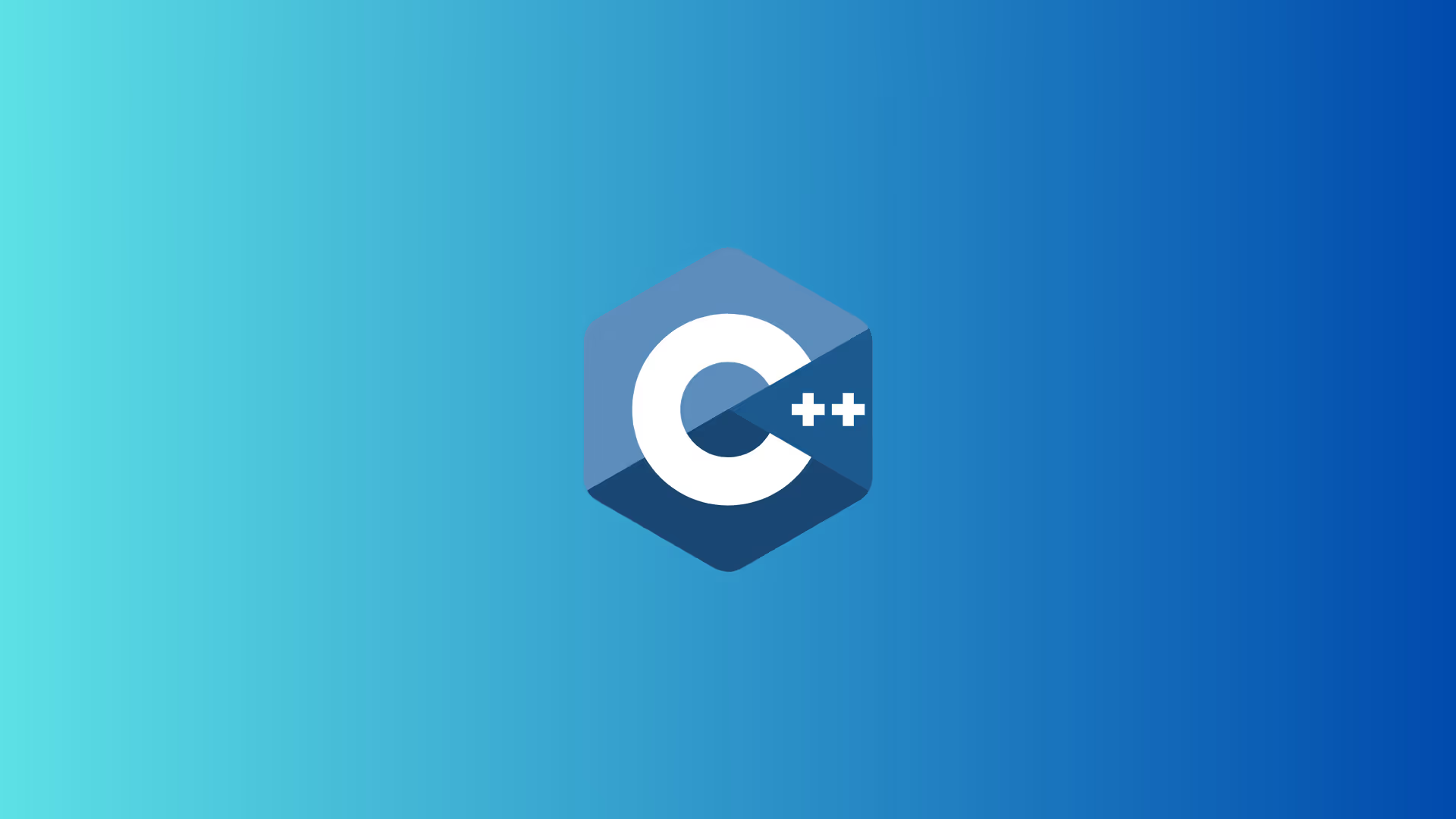This concise and practical C++ programming cheat sheet provides an essential reference for both beginners and experienced programmers. It covers fundamental concepts, syntax, and code snippets, allowing you to quickly grasp and apply key concepts in C++.
Standard Libraries
- Essential for using various functionalities in C++
#include <iostream> // For Input/Output
#include <vector> // For Dynamic Arrays
#include <string> // For String Operations
#include <map> // For Map Collections
#include <cmath> // For Mathematical Functions
#include <fstream> // For File I/O
#include <cstdlib> // For General Purpose Functions, including rand() and srand()
#include <ctime> // For Time-related Functions
cin >> variable; // Input
cout << "Hello, World!"; // Output
Basic Data Types
- Fundamental types for storing data
| Data Type | Description | Example |
|---|
int | Integer | int age = 25; |
float | Single-precision floating-point | float pi = 3.14; |
double | Double-precision floating-point | double price = 99.99; |
char | Character | char grade = 'A'; |
bool | Boolean | bool isTrue = true; |
Control Flow
if (condition) { /* true block */ }
if (condition1) {
// Code block 1
} else if (condition2) {
// Code block 2
} else {
// Code block 3
}
for (int i = 0; i < 10; ++i) {
// Code to execute
}
while (condition) {
// Code to execute
}
do {
// Code to execute
} while (condition);
for (const auto& item : container) {
// Use item
}
Functions
- Creating reusable blocks of code.
// Declaration
return_type function_name(parameter_list);
// Definition
return_type function_name(parameter_list) {
// Function body
return value;
}
Function Overloading
- Functions can have the same name but different parameters
int multiply(int a, int b);
double multiply(double a, double b);
Arrays
- Declaring and initializing an array
int numbers[5] = {1, 2, 3, 4, 5};
int element = numbers[index];
Pointers
- Declaring a Pointer and Assigning It to a Variable’s Address
int number = 42;
int* ptr = &number;
- Dereferencing a Pointer to Access the Value It Points To
int value = *ptr;
Classes and Objects
- Class is a blueprint for creating objects
class ClassName {
public:
// Constructors
ClassName();
// Member functions
void method();
private:
// Member variables
int attribute;
};
Inheritance
- Inheritance allows a class to inherit attributes and methods from another class
class Base {
public:
void display();
};
class Derived : public Base {
// Inherits display()
};
Exception Handling
- Exceptions handle runtime errors gracefully
try {
// Code that may throw an exception
} catch (exception_type& e) {
// Exception handling code
}
C-style Strings and Functions
#include <cstring>
#include <iostream>
using namespace std;
// Length of a CString
int lengthOfCString(const char* str) {
return strlen(str);
}
// Copy CString
void copyCString(char* destination, const char* source) {
strcpy(destination, source);
}
// Concatenate CStrings
void concatenateCStrings(char* destination, const char* source) {
strcat(destination, source);
}
// Compare CStrings
int compareCStrings(const char* str1, const char* str2) {
return strcmp(str1, str2); // Returns 0 if equal
}
// Find Substring in CString
const char* findSubstring(const char* str, const char* substr) {
return strstr(str, substr);
}
// Convert CString to Integer
int cstringToInt(const char* str) {
return atoi(str);
}
// Convert CString to Double
double cstringToDouble(const char* str) {
return atof(str);
}
Random Number Generation
- Utilize rand() and srand() for generating random numbers
#include <cstdlib> // Include for rand() and srand()
#include <ctime> // Include for time()
void initializeRandomSeed() {
srand(static_cast < unsigned int > (time(0))); // Initialize random seed
}
int getRandomNumber(int min, int max) {
// Returns a random number between min and max (inclusive)
return rand() % (max - min + 1) + min;
}
// Example Usage
initializeRandomSeed();
int randomNum = getRandomNumber(1, 100); // Random number between 1 and 100
Sorting Methods
- Quick and easy sorting with C++ Standard Library.
#include <algorithm>
#include <vector>
using namespace std;
void standardSort(vector < int > & vec) {
sort(vec.begin(), vec.end());
}
void bubbleSort(vector < int > & vec) {
for (size_t i = 0; i < vec.size() - 1; ++i) {
for (size_t j = 0; j < vec.size() - i - 1; ++j) {
if (vec[j] > vec[j + 1]) {
swap(vec[j], vec[j + 1]);
}
}
}
}
